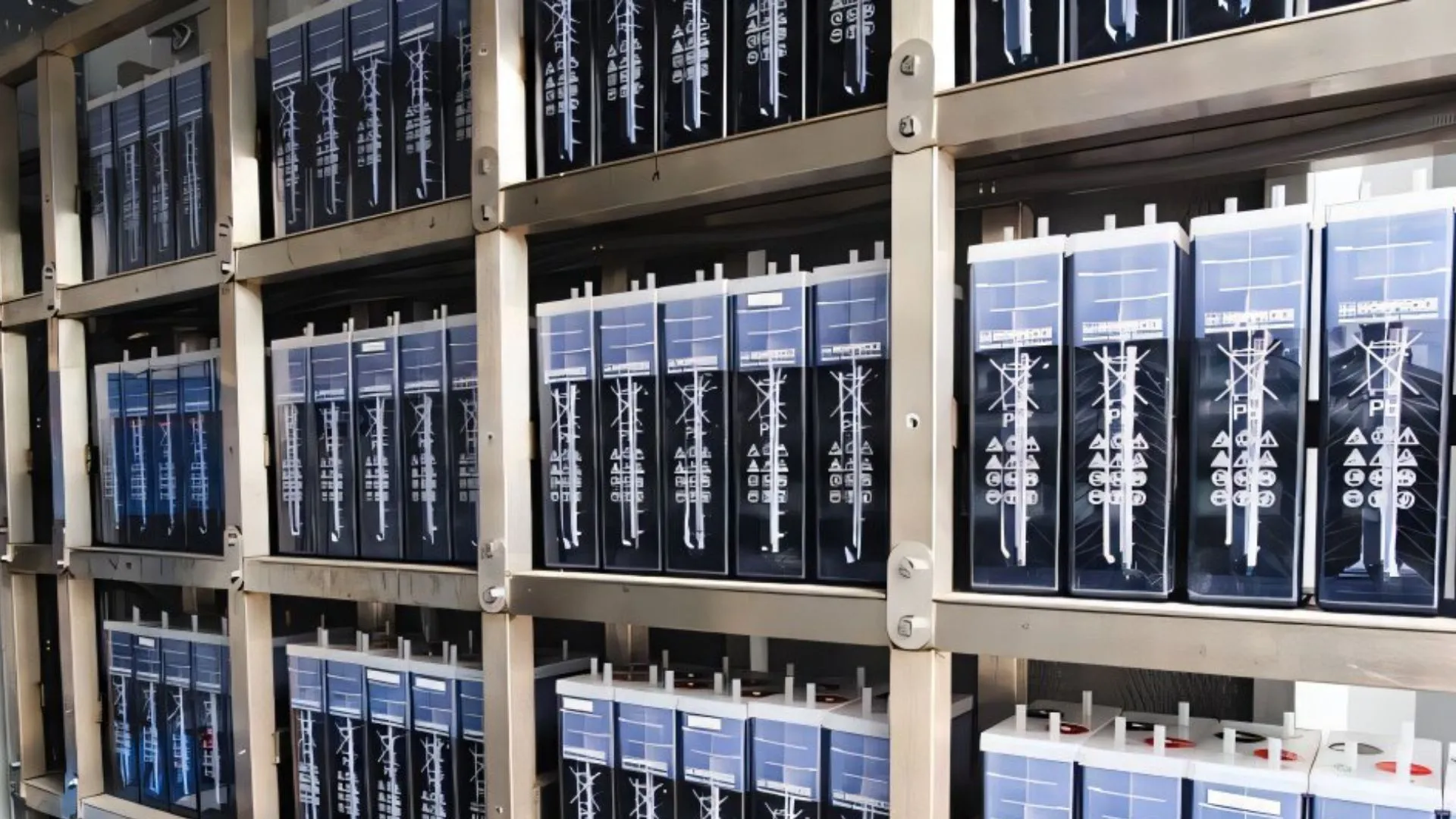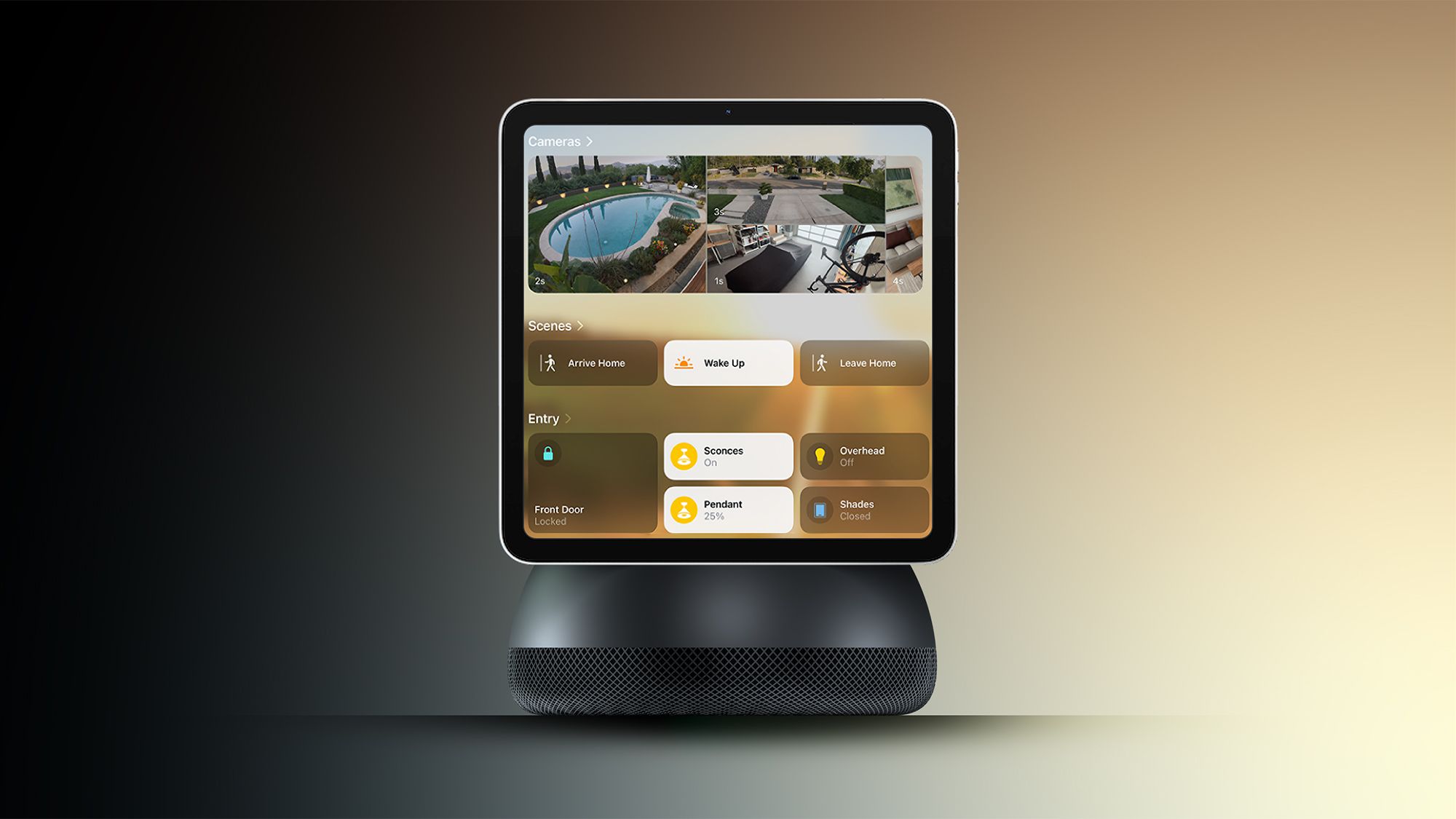Copyright Interesting Engineering

Researchers have created a containerized battery electrolyzer system designed to provide clean, sustainable energy for remote African communities. Loughborough University developed the battery system in the United Kingdom. Interestingly, the system stores electrical energy in batteries and is also designed to produce hydrogen through electrolysis. It offers a solution to equip remote African communities with the necessary energy for clean and sustainable cooking. The new battery electrolyzer system is set to be initially deployed at a school in Zambia as a pilot project. Solution for replacing biomass The project directly targets the urgent energy poverty and health crisis faced by many communities, particularly in sub-Saharan Africa. Presently, the reliance on biomass contributes to the depletion of natural resources and is a significant factor in deforestation. Indoor air pollution from burning biomass is a deadly hazard, directly linked to premature deaths. Women and young children, who are most vulnerable, bear the greatest burden. The use of hydrogen is proposed as a green alternative for cooking. Its significant advantage is its clean combustion, with the only waste product being water. The core function of the electrolyzer system is to convert and store renewable energy. It begins by taking electrical energy generated from solar panels. This electricity is then used to perform electrolysis, a process where an electric current is passed through the water-based electrolyte inside the system. It splits the water molecules into their component gases: hydrogen and oxygen. The resulting hydrogen gas is then collected, channeled into a compressor, and stored in a tank. After this, the stored hydrogen can be utilized for various applications, with the primary and most immediate use being clean cooking in a renewable and environmentally friendly manner. According to Dr. Toby Reisch, a Research Associate on the project, the design is highly scalable: “Each individual cell in the unit is a battery, and can be connected together to meet whatever power demand is needed.” Reisch added that the unit can provide various essential services: “For instance, it can provide lighting for schools and classrooms, backup power for hospitals for refrigeration, and it can also produce enough hydrogen to cook for a community in a day.” The tech has global potential Batteries will be used to electrify the school classrooms and teachers’ homes, providing a reliable power source. While hydrogen will be channeled to a hydrogen cooker for clean cooking, replacing traditional, polluting fuels. “The reason why we’ve chosen the African communities is because many people, particularly in sub-Saharan Africa, lack access to electricity,” revealed Dr. Lizzie Ashton, a Senior Research Associate who led the project. “We want to provide them with energy sustainability and a source of renewable energy. We think the battery electrolyzers will be perfect for coupling with wind farms in the UK and then worldwide, coupling with intermittent renewable energy sources,” Ashton added. If the initial pilot in Zambia is successful, the battery electrolyzer system is expected to have a broader impact across multiple industries and locations. The technology can be used to prevent the curtailment (or wasting) of renewable energy, particularly from intermittent sources like wind farms in the UK and worldwide. Moreover, the system offers a completely renewable energy source (providing both electrical and hydrogen energy) to replace highly polluting diesel backup generators.



